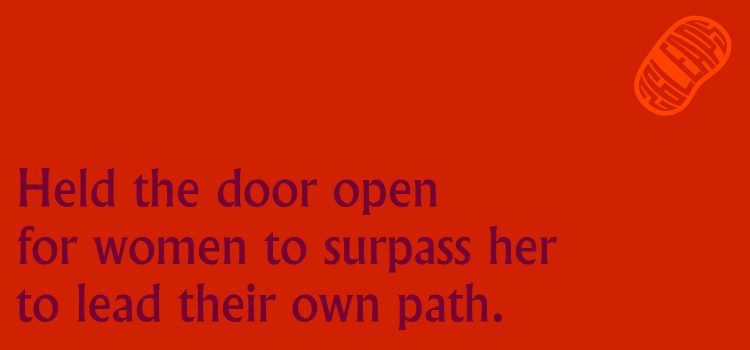
Emily Cracknell
Elizabeth Jesser Reid: The Key
You could say it was fortunate that her husband passed.
13 months is all he did last.
(Shame, a doctor too!)
Such a strange place to find yourself in life, in 1822.
Silence is golden, and men’s opinions are loud.
Best to cover yourself up,
Dumb yourself down,
And whatever you do, stop being so god-damned proud.
Ripped from man’s rib – shaped in His form.
(But lesser; obviously,)
You’re but an ornamental distraction.
Wipe that smile from your face,
Your voice whines, and pains,
Where’s your smile again?
Cinched into corsets, plumped with skirts,
A silly dessert.
Learning would only make you more vain.
But then —
No longer daughter, nor wife.
Removed from the crab-bucket of life,
The crawling, sprawling pit, each wrenching for a glimpse of air,
To be on-top,
To be free.
But she had done her duty,
Thank heaven, she need to no more.
If asked of her romantic future:
She could dab a handkerchief to her eye and sigh;
There was only ever one for me.
She’d cast off the shackles of expectation,
Rid herself of a gilded cage.
A brilliant bird, soaring free –
Darling – I’m in mourning and
Wealthy widows can do as they damned well please–
Her bird’s eye view:
So many cages, most ungilt, their captives without any hope of a key.
Their lives forever at another’s whim.
Prized for their bodies never their thoughts.
Their silence deafening.
She knew what her occupation would be. She’d arm them with words and education.
Every woman, of every colour, had to be free.
Research story
Elizabeth’s leap expanded women’s potential futures beyond the confines of wife and mother, allowing women’s voices to be heard.
Elizabeth was a kind-hearted pioneer, who supported others’ enrichment and movement forward. She used the cards that were dealt her way, the death of her wealthy husband after a short marriage, to fund good causes, but this wasn’t for prestige. She ardently believed in her causes and often found those around her to be less than supportive. In fact, she was deemed to be too single-minded, occasionally tactless and too loud, in her pursuit of equality. She founded Bedford College, the first higher-educational institute for women, that wasn’t a vocational college. She ensured it had women on the board – setting a new British precedent. An ardent, abolitionist, she supported Sarah Parker Remond, an African American anti-slavery campaigner, on her lecture tours and later in her education at Bedford College. Other trailblazers came through Bedford College including, women’s suffrage campaigner Barbara Bodichon and author George Elliot. Many of the first women who started at Bedford College went on to found their own schools for women and girls. Elizabeth’s convictions, and single-mindedness, laid the foundations for the furthering of higher education for British women and allowed other pioneers to build upon her work.
I’ve just re-read The Handmaid’s Tale and don’t want to think about where we’d be without her.
